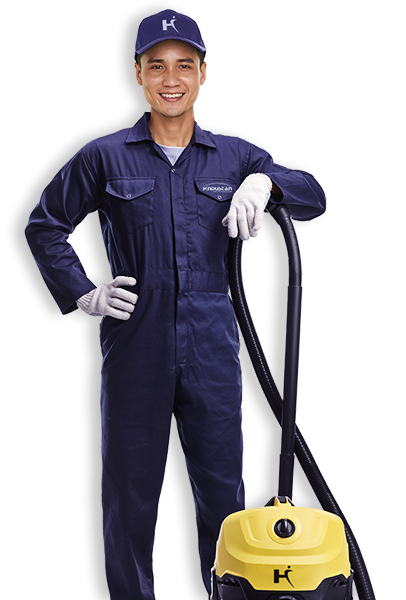Commercial kitchens are bustling hubs of culinary creativity, producing a myriad of dishes that delight the palate. However, behind the sizzling pans and aromatic dishes lies a less glamorous but crucial aspect of kitchen operations: grease buildup. Understanding the science behind this phenomenon is essential for maintaining a safe and efficient kitchen environment. This article delves deep into the causes, implications, and solutions related to grease accumulation in commercial kitchens.
1. The Origin of Grease
Grease is primarily a byproduct of cooking, especially when dealing with fatty foods. As food is cooked, fats break down and become airborne, eventually settling on various surfaces, including exhaust systems, walls, and appliances.
2. The Chemistry of Grease Accumulation
- Evaporation: When cooking at high temperatures, the moisture in food evaporates, carrying tiny fat particles into the air.
- Condensation: As these airborne particles move through the cooler parts of the kitchen, especially the exhaust system, they condense and solidify, leading to grease deposits.
- Polymerization: Over time, with repeated exposure to heat and oxygen, these grease particles undergo a chemical reaction called polymerization, making them harder and more adhesive.
3. Factors Amplifying Grease Buildup
- Type of Cuisine: Kitchens specializing in fried foods or dishes with high-fat content are more prone to rapid grease accumulation.
- Cooking Techniques: Methods like deep frying, sautéing, and grilling produce more grease compared to boiling or steaming.
- Frequency of Cooking: High-volume kitchens that operate for extended hours face a faster rate of grease buildup.
4. Implications of Grease Accumulation
- Fire Hazard: Grease is flammable. Thick deposits can ignite, leading to dangerous kitchen fires.
- Reduced Efficiency: Grease buildup can clog exhaust systems, reducing airflow and leading to an overheated kitchen environment.
- Health Concerns: Accumulated grease can become a breeding ground for bacteria, posing health risks to both kitchen staff and diners.
5. Combatting Grease Buildup: Best Practices
- Regular Cleaning: Schedule routine deep-cleaning sessions to remove grease deposits from all kitchen surfaces.
- Invest in Quality Exhaust Systems: High-efficiency exhaust systems with good filtration can trap more grease particles, reducing buildup.
- Train Kitchen Staff: Educate staff on the importance of managing grease, including proper disposal and cleaning techniques.
6. Innovations in Grease Management
Technological advancements have introduced solutions like automated hood cleaning systems and grease-lock filters, which are designed to tackle grease more effectively, ensuring a safer and cleaner kitchen environment.
Conclusion
Grease buildup in commercial kitchens is an inevitable challenge but understanding its science can pave the way for effective management. By recognizing the causes and consequences of grease accumulation and implementing proactive measures, commercial kitchens can ensure safety, hygiene, and optimal operations. As the culinary world continues to evolve, so must our approach to maintaining the heart of the restaurant – the kitchen.



